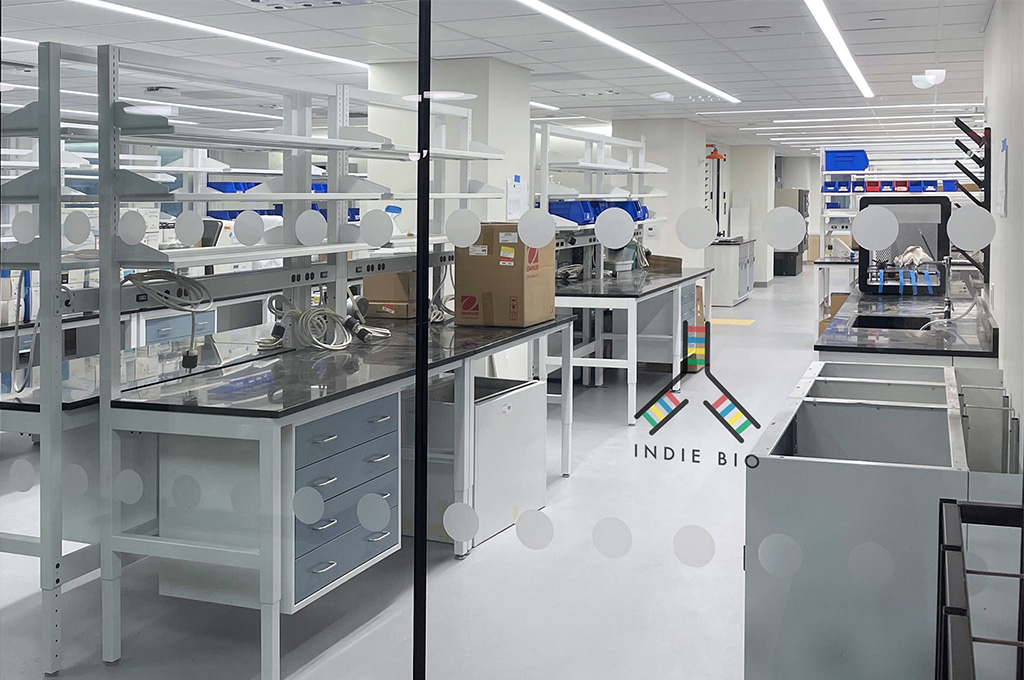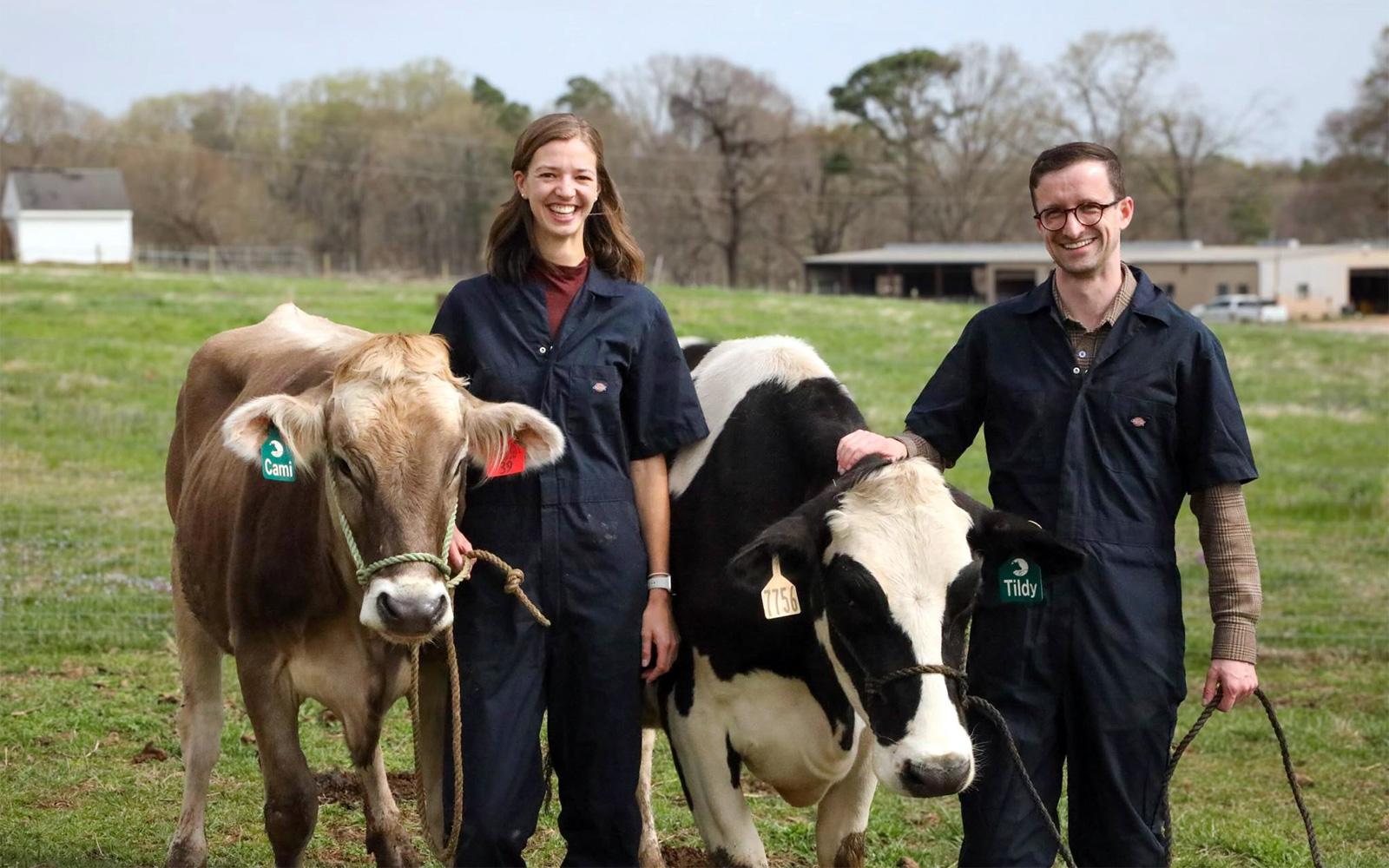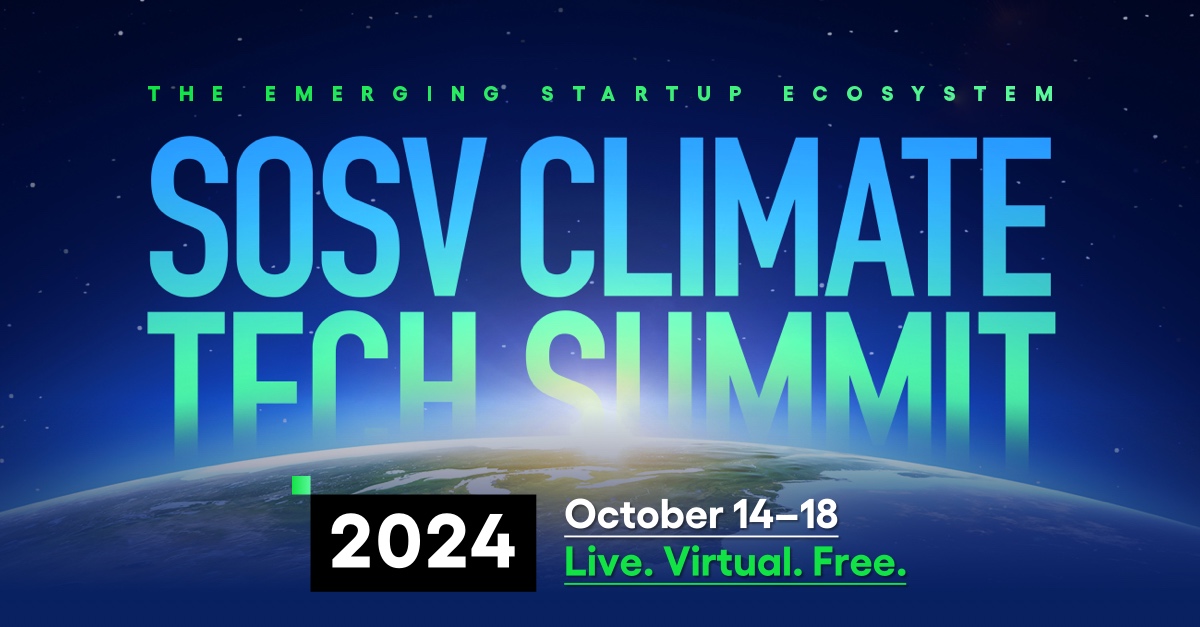
The list of uses for recombinant proteins continues to grow as they are used in consumer, medical, and research markets. This increased use means that issues of scale, cost, and output efficiency must be addressed.
Geltor is creating a new recombinant protein production platform to solve these problems. I talked to the company’s CEO, Alex Lorestani, about the experiences that led him to this problem, transitioning to the startup world, and the future of Geltor. Check out his pitch live on February 4th on IndieBio’s Demo Day Livestream!
AK: Tell me about your background, how did you become interested in the biotech space?
AL: Before starting Geltor, I was in a physician-scientist training program. My focus was on infectious diseases, specifically on antibiotic-resistant bacteria. When I learned that more than 70% of all antibiotics used in the US are deployed on animal factory farms, I began to appreciate the tremendous impact that this process had on human health. Since then, a body of evidence supporting the flow of antibiotic-resistant pathogens from farms into communities has emerged. I saw replacing animal-derived proteins with recombinant proteins as a powerful tool in addressing this global issue.
AK: What problem are you working to solve with your company, Geltor?
AL: Recombinant proteins are critical to the post-animal bioeconomy. They’re also notoriously difficult and expensive to manufacture. At Geltor, we developed a recombinant protein production platform to build essential proteins at a low cost. Our first product is animal-free gelatin which we make from scratch by programming microbes to build it for us. It’s the same approach that humans use to brew beer, make insulin, and many other animal-free products. Rather than dumping animal scraps into acid or alkaline baths to extract collagen, we took the collagen building machinery of animals and moved it into microbes. We can produce gelatin at a massive scale, eliminate the risk of pathogens, precisely engineer key properties, and greatly improve resource efficiency.
AK: If you could only pick one thing to validate your reason for forming a startup, what would it be? In other words, what would be the single biggest indicator to you that you are doing the right thing?
AL: Customers finding us. That started two months ago. There’s real pain out there, and we’re working hard to fix it.
AK: How do you think success can change your industry?
AL: Succeeding would change the field by allowing people make new things with proteins that weren’t previously possible. We do that by allowing rapid iteration and massive scaling. All of which can be done economically. On the food side, people can make fundamentally new materials when they use biology, rather than being constrained by nature.
AK: How is your team uniquely able to tackle this? What’s the expertise?
AL: We are microbial physiologists and think deeply about building better microbes.
AK: Any big lessons learned transitioning from academia to startup entrepreneurship?
AL: We had to learn that the business of science is much more focused on product than academia. In academia it’s all about the problem driving what you do. In the business of science, the product drives what you do.
AK: What’s the biggest challenge you’ve encountered so far?
AL: Transitioning from having science at the center of everything I do to having customers at the center of everything I do.
AK: What are the big goals and milestones you’re looking to hit in the short term? Long term?
AL: In the short term we’re building an amazing team and scaling our production platform up. In the long term, the goal is to make old products better with our own technology and also make entirely new products.
Get in touch with Alex at alex@geltor.com



